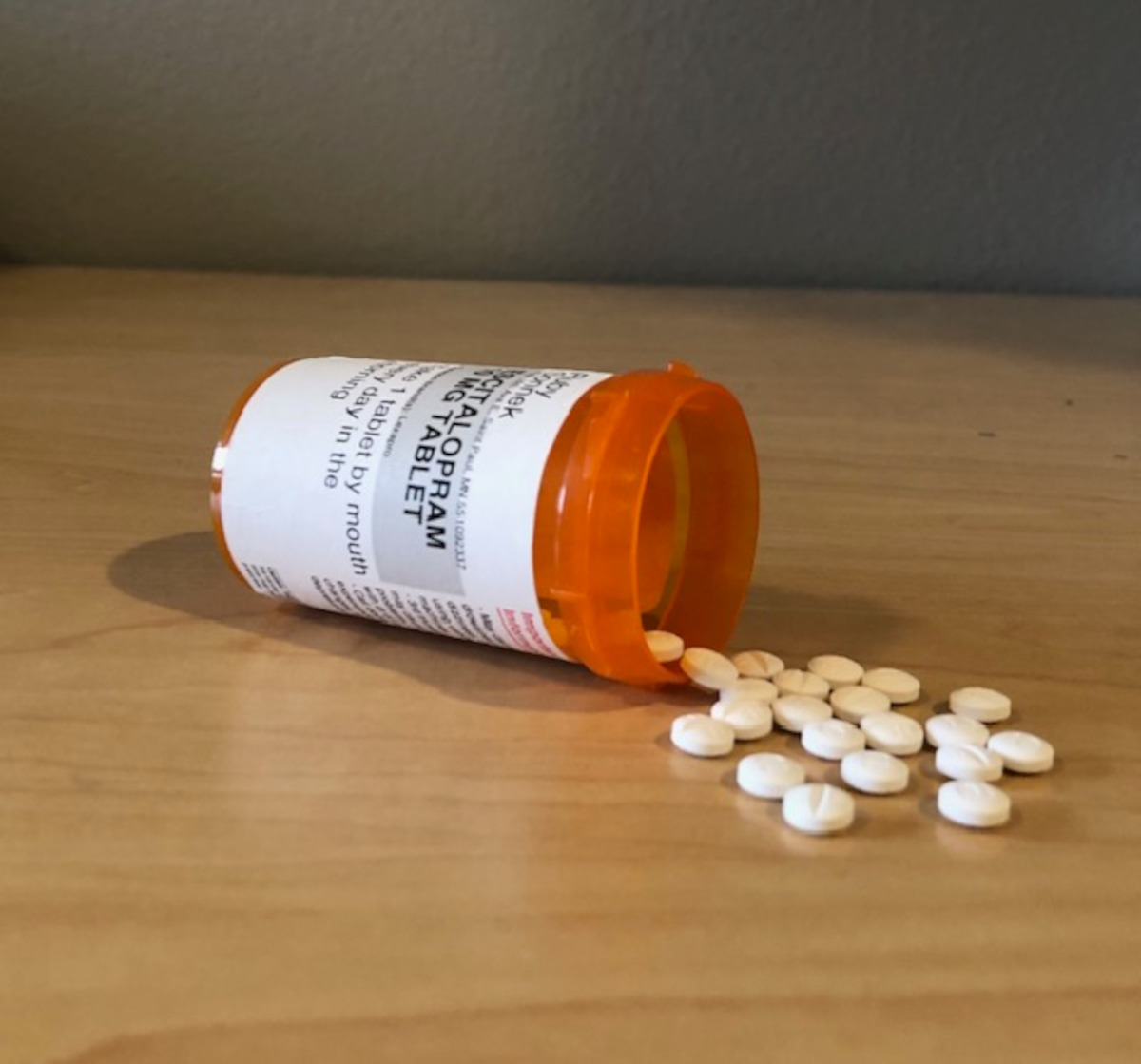We, the people of the media, find the defendant guilty.
I know this is not always the case – no pun intended. But all too often, it seems that the way the media covers the courts can prematurely, and sometimes wrongfully, convict those working their way through an already trying legal system.
Not long ago, I had the chance to read John Grisham’s nonfiction work, The Innocent Man. The book details the true events surrounding the life of former minor-league baseball player Ron Williamson. After an unsuccessful career led to alcoholism, Williamson found himself in the wrong place at the wrong time. He was convicted and sentenced to death for the 1982 murder of a young cocktail waitress in Oklahoma. A jury found Williamson guilty in 1988.
For 11 years, Williamson sat on death row going through the seemingly endless appeals system and awaiting the inevitable, all while developing a series of mental illnesses. In 1999, DNA evidence cleared Williamson’s name, but the damage had been done. The years of mistreatment resulted in liver disease, causing his untimely death in 2004. Williamson was 51.
What does this have to do with the media covering the courts? True, questionable police practices were the main cause for the wrongful conviction. But ask yourself this: when a murder is committed, isn’t there a strong desire within the community to bring a suspect to justice – a desire reflected by the media? Do most people really care who it is, as long as it brings that sense of closure? I could almost guarantee any “man-on-the-street” interview would call for vengeance. It’s human nature.
The media’s role in a case like this has become to tell a story – not just to report the facts. Part of the blame for that lies with the audience. We like a compelling story with a fulfilling ending, so we’re more likely to consume news that provides such. Advertisers prefer higher exposure, so they finance the storytellers. It’s a vicious cycle.
And it will not be an easy cycle to break.
This issue walks a very fine line. After all, the First Amendment guarantees free press. And though the Sixth Amendment grants the right to a fair trial, it is not necessarily a protection from the media. The Bill of Rights protects citizens from government infringement, and news organizations are private enterprises.
There are precautions a judge can take when he or she feels media exposure will have a tangible impact on the trial. Gag orders on participants, jury sequestration and even moving the venue to a more neutral location are all steps that can help ensure fair legal process.
But consider this: when you hear the name and see the face of a suspect in a murder trial, what comes to mind? Do you think he/she is, as our legal system implies, “innocent until proven guilty?” Or, when you see that mug shot, do you immediately jump to conclusions?
It’s okay; I do. It’s difficult not to.
What happens if that person is found innocent? Yes, the media will probably report on that. What will the audience remember, though? Will it remember that one article clearing the wrongfully accused? Or, instead, will everyone forever associate that person with the months and sometimes years of coverage leading up to and throughout the trial?
There must be a plausible solution.
And there is. Legitimate news organizations that pride themselves as such need to do a better job of moving away from storytelling, instead letting the facts speak for themselves. And is it really necessary, or even all that newsworthy, to know exactly who is facing charges before the verdict? In some instances, people commit crimes for the media attention. Why feed that fire? Rather, by choosing words carefully, using graphics and video sparingly, and representing all sides as equally as humanly possible, the media can better ensure the rights of all citizens – as opposed to merely appeasing an audience.
I only ask you to keep this in mind: media coverage of the legal system is not something to take lightly. Leave the stories in books and features where they belong. While it may be just a headline to most of us, for some it can mean the difference between life and death.
Luecke is a senior broadcast journalism major and guest columnist for The Spectator.






